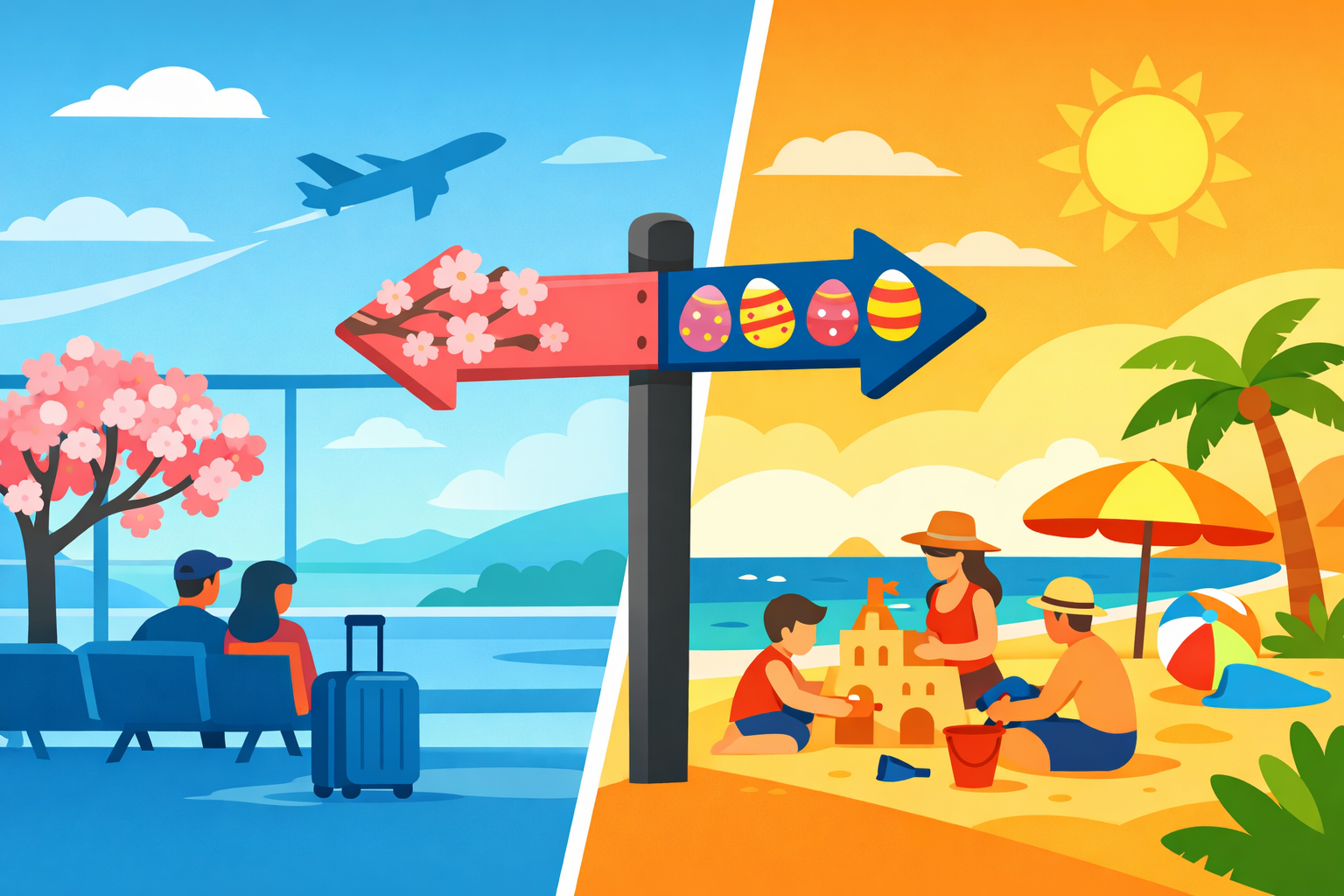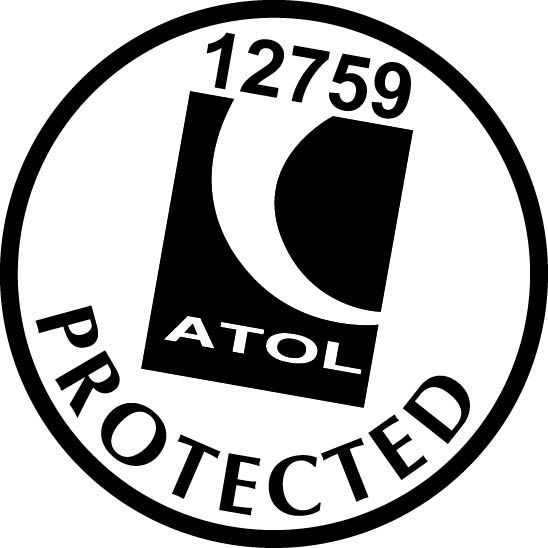Travelling to Europe: 5 Things to Know Beforehand
There’s a lot to navigate when planning your trip to Europe, and being informed can enhance your travel experience significantly. When travelling to Europe,You should be aware of local customs that may differ from what you’re used to, as well as visa requirements that can vary between countries. Budgeting for unexpected expenses is also wise, as well as understanding public transport options available to you. Lastly, don’t underestimate the importance of learning a few key phrases in the local language to enrich your interactions. With these points in mind, you can initiate on your European adventure confidently.
Travelling to Europe: Planning Your European Adventure
While crafting your European itinerary with you, we consider your interests, budget, and the cities you wish to visit. Researching destinations ahead of time allows you to maximise your experiences, whether you’re seeking historical landmarks, scenic landscapes, or vibrant nightlife. Ensure you allocate enough time in each location to absorb the culture and charm of each destination.
Best Times to Visit Different Regions
To make the most of your European adventure, timing is everything. Each region boasts its own peak seasons, with the best times often falling in spring (April-June) and Autumn (September-October) for milder weather and fewer crowds. In contrast, winter is perfect for visiting the Alps or experiencing festive Christmas markets across the continent.
Documentation Requirements and Visa Information
Behind every great European trip lies a solid understanding of documentation and visa requirements. Ensure you possess a valid passport with at least six months validity beyond your planned departure date. Depending on your nationality, you may need a short-stay visa for trips lasting up to 90 days within the Schengen Area.
Further, it’s important to familiarise yourself with the specific visa regulations of the countries you plan to visit. If you’re travelling to Europe and you’re from outside the EU, research whether your country falls under the visa waiver program or requires a visa. Additionally, obtain any necessary travel insurance, as it can provide you with peace of mind during your journey. Be proactive and carry copies of your important documents, including your passport and insurance, to avoid any issues while abroad.
Travelling to Europe: Transportation Essentials
One of the most important aspects of your European trip is understanding how to navigate the various transportation options available to you. From trains and buses to trams and ferries, Europe boasts an extensive and efficient public transit network that can get you to your destination with ease. Familiarise yourself with the local systems in each country, as they can vary significantly in terms of pricing, schedules, and ease of use. This knowledge will help you save time and money while enjoying your adventure.
Navigating Public Transit Systems
Systems can vary widely across Europe, but most cities feature robust public transportation options, including buses, trams, and metro systems. Before your trip, take some time to research the public transit systems in each city you plan to visit. Download mobile apps or print maps to ensure you can easily navigate the routes. Many cities also offer passes that allow unlimited travel for a set number of days, a great way to explore without breaking your budget.
Rail Passes and Budget Airlines
About transportation, one of the most effective ways to explore Europe’s charm is through rail passes and budget airlines. You’ll find that a rail pass allows you to travel extensively with unlimited rides on participating trains, and can be a cost-effective solution for your travels. In addition, cheap airlines regularly offer hidden gems in destinations you may not consider. However, always check for extra fees and baggage policies that can sometimes offset the benefits.
Budget airlines in Europe provide an affordable way to quickly reach your next destination, but it’s imperative to stay aware of their additional fees that can add up. Cheaper tickets often come with strict baggage limits and no frills , so you must pack wisely to avoid unexpected costs. Rail passes, on the other hand, offer flexibility and are great for hopping between cities—staffed stations usually have ticket brokers who can assist you. Both options enable you to explore Europe efficiently, provided you plan ahead for your routes and budgets.
Travelling to Europe: Financial Considerations
Clearly, understanding the financial landscape in Europe is vital for a smooth travel experience. From currency differences to budgeting for various destinations, proper planning can prevent unnecessary stress during your trip. It’s wise to research your options for currency exchange and ensure you budget according to each country’s local costs to optimize your travel experience.
Currency Exchange Tips
Among the most important aspects of managing your funds is knowing how to handle currency exchange . Here are some tips to ensure you make the most of your money:
- Use local ATMs for better exchange rates.
- Avoid exchanging cash at airports or tourist areas, which may have higher fees.
- Consider using a no-foreign transaction fee credit card.
- Notify your bank of your travel plans to avoid any block on your cards.
This way, you can maximise your spending power while travelling.
Budgeting for Different European Destinations
Across Europe, destinations can vary dramatically in cost, so it’s important to prepare a realistic budget. Researching and understanding the different expense levels in cities like Paris, Amsterdam or Prague is key to getting the most value from your trip.
Currency fluctuations can significantly impact how much you spend while traveling. Therefore, when estimating your budget, consider how high costs can affect your experience in cities like Zurich or Oslo, where daily expenses can be up to 50% higher than in other cities such as Lisbon or Budapest. Additionally, transport, dining, and accommodation range widely in price. Being informed about these variables helps you allocate your funds wisely and helps you enjoy your trip without financial strain.
Travelling to Europe: Cultural Awareness
Your travel experience in Europe will be enriched by embracing the rich diversity of cultural norms and practices. Each country has its own traditions, languages, and social customs that you should familiarize yourself with to foster respect and understanding.
Language Basics and Communication Tips
Among the many aspects of communication, having a grasp of some basic phrases in the local language can enhance your interactions. Consider these tips:
- Hello – Greeting locals can build goodwill.
- Please and Thank you – Politeness goes a long way.
- Excuse me – Use this to navigate busy areas.
- Do you speak English? – Essential if you’re not proficient in the local language.
Perceiving language as a bridge to the people can significantly enhance your travel experience.
Local Customs and Etiquette
One of the best ways to show respect while traveling is to understand and follow local customs and etiquette. In many European countries, formal greetings and gestures are the norm, so be sure to greet people appropriately. Additionally, dining etiquette varies, from how you hold your fork and knife to the appropriate time for tipping.
Basics of local customs include understanding the significance of personal space in different cultures, as this can vary widely. For instance, in Southern Europe, close proximity is common, while in Northern Europe, you might find people prefer a wider distance. It’s also important to be aware of dining customs; in some places, it is considered rude to start eating before the host. Familiarising yourself with these cultural nuances not only prevents misunderstandings but can also lead to more positive interactions with locals.
Travelling to Europe: Accommodation Options
All travellers in Europe will find a variety of accommodation options to suit their needs and budgets. Whether you prefer luxurious hotels, budget-friendly hostels, or home-like holiday rentals, understanding the pros and cons of each choice will help you make an informed decision. You’ll want to consider factors such as location, amenities, and your travel style to ensure you select the best spot for your European adventure.
Hotels vs. Hostels vs. Vacation Rentals
Among the various accommodation types, hotels offer comfort and services, while hostels provide an affordable, social environment for budget-conscious travellers. Vacation rentals present a great alternative, giving you more space and the option to cook your own meals. Each choice caters to different experiences, so assess what fits your travel goals and budget.
Booking Strategies and Timing
Rentals and reservations can greatly impact your travel experience. Booking during the off-peak season may save you money and ensure better availability, while last-minute bookings can lead to higher prices and limited options .
Accommodation in Europe varies dependent on timing and strategy. The best approach includes planning ahead, especially for popular destinations, where accommodations can fill up quickly. Consider flexible dates; this gives you more leverage in finding lower rates. Sometimes, staying slightly outside major tourist areas can provide both better prices and a more authentic experience. Taking the time to explore your options will contribute significantly to your overall satisfaction during your journey.
Health and Safety
After planning your itinerary, prioritise your well-being while traveling in Europe. Familiarise yourself with the local healthcare systems and Before You Go Checklist. Ensure you have necessary vaccinations, pack crucial medications, and understand how to access medical care in each country you visit.
Travel Insurance and Healthcare Access
Beside choosing your destinations, it’s wise to invest in travel insurance that covers health issues and accidents. Health coverage can vary between countries, so make sure your insurance includes emergency medical care, hospitalisation, and evacuation. Familiarise yourself with local emergency numbers and services to navigate any unexpected health situations effectively.
Common Safety Concerns and Precautions
Health and safety are paramount when you travel. To safeguard yourself, be aware of local scams, vehicle traffic patterns, and pickpocket hotspots. Stay vigilant in crowded tourist areas and secure your belongings to avoid theft. It’s also advisable to research any travel advisories for your destinations and blend in with the local culture to minimise risks. Keep emergency contact information on hand, and trust your instincts when it comes to personal safety. By taking these precautions , you can enjoy a safe and memorable trip across Europe.
Travelling to Europe: Summing up
Ultimately, preparing in advance for travelling to Europe involves understanding the diverse cultures, currencies, and public transport systems across the continent. You should familiarise yourself with visa requirements, plan your budget wisely, and prioritise your must-see destinations to maximise your experience. Additionally, consider language barriers and local customs to enhance your interactions. By keeping these key points in mind, you can navigate your European adventure with confidence and enjoyment.













